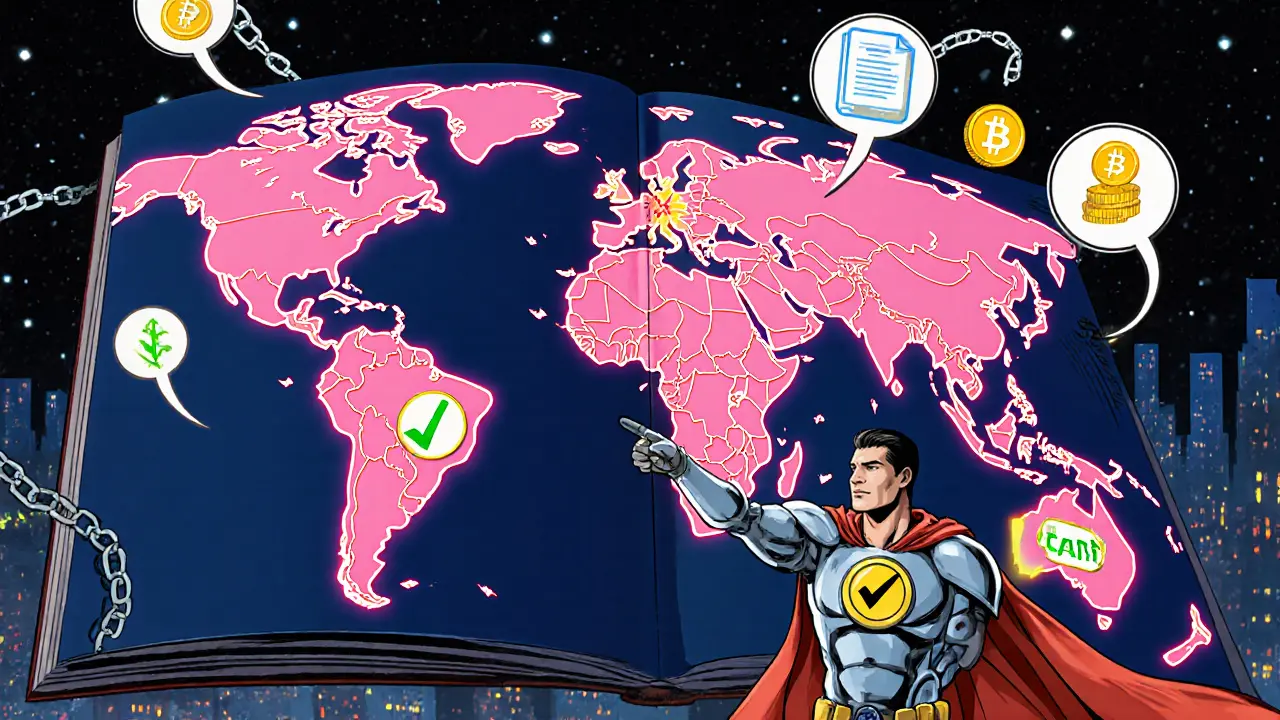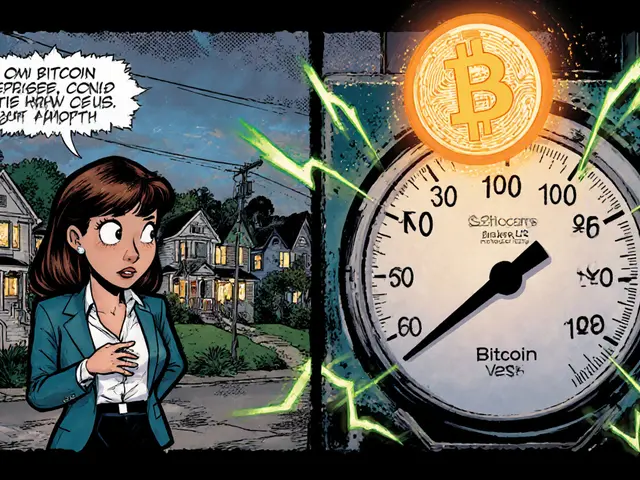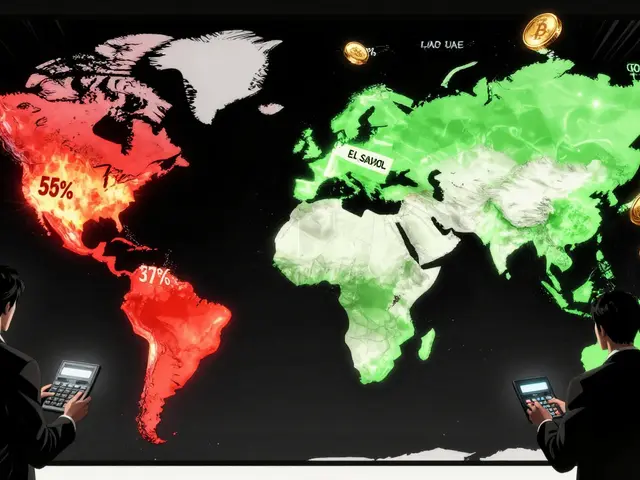Croatia Crypto Compliance
When navigating Croatia crypto compliance, the set of rules that govern how digital assets are used, traded, and reported in Croatia. Also known as Croatian crypto regulation, it sits at the crossroads of national law and European standards. The framework demands strict anti‑money laundering, processes that prevent illicit funds from entering the crypto ecosystem and aligns with the European Union’s MiCAR, the Markets in Crypto‑Assets Regulation that sets EU‑wide compliance baselines. Together, these entities shape what businesses and investors must do to stay legal in Croatia.
Compliance isn’t just paperwork; it requires concrete tools. Blockchain analytics platforms scan transaction flows, flag suspicious patterns, and generate reports that satisfy both local supervisors and EU auditors. Companies usually pair these tools with robust Know‑Your‑Customer (KYC) solutions, ensuring that every wallet address can be linked to a verified identity. When a Croatian crypto exchange onboards a new user, the system checks the user against sanctions lists, validates source‑of‑funds documents, and records the audit trail in an immutable ledger. This workflow directly reflects the AML mandate and the MiCAR requirement for transparent reporting.
The regulatory landscape is shaped by several actors. The Croatian Financial Supervisory Agency (HANFA) enforces national licensing, while the European Central Bank monitors cross‑border stability. Their combined oversight means that a token offering in Zagreb must meet the same disclosure standards as a project in Berlin or Paris. This synergy creates a level playing field, but also adds layers of compliance that can trip up newcomers. Understanding how HANFA’s licensing process meshes with MiCAR’s prospectus rules is key to launching a compliant token sale.
Beyond the legal side, compliance influences market dynamics. Projects that embed AML‑ready architecture often enjoy faster listing on major DEXs and lower friction when attracting institutional investors. On the flip side, non‑compliant operations face freezing of assets, hefty fines, or even criminal charges. The recent surge in cross‑border DeFi activity showed that platforms with built‑in compliance checks attracted more liquidity, while those that ignored regulations saw users migrate to safer, regulated alternatives. This pattern reinforces the practical upside of investing in compliance from day one.
Below you’ll find a curated collection of articles that break down each piece of Croatia’s crypto compliance puzzle. From deep dives into MiCAR’s impact on Croatian token issuers to step‑by‑step guides on setting up AML‑ready KYC workflows, the posts give you actionable insights you can apply right now. Dive in to see how the rules, tools, and market forces mesh in the Croatian crypto scene.







